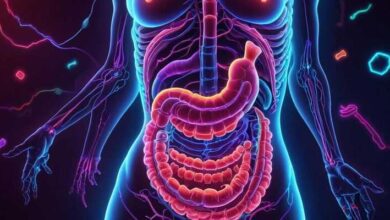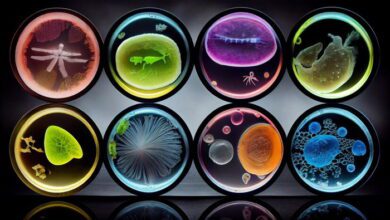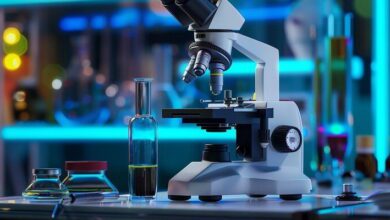Microbial Physiology MCQs with Answers

Microbial Physiology MCQs evaluate your understanding of the biochemical and functional processes in microorganisms. This Microbial Physiology Quiz deals with microbial metabolism, enzyme function, respiration, fermentation, transport of nutrients, and regulation. Understand important concepts such as bacterial growth kinetics, bioenergetics, stress response, quorum sensing, and adaptation to extreme conditions. These Microbial Physiology MCQs assist students, microbiologists, and researchers in determining whether they understand how microbes are able to maintain life and how they engage with their environment. Complete this free Microbial Physiology quiz to reinforce your ideas and excel in important areas in microbiology and cellular metabolism.
| Microbial physiology pertains to that subsection of microbiology discussing the physical, biochemical, and metabolic functions occurring in microorganisms. In all matters relating to growth pattern, metabolism, uptake of nutrients, and interactions with the environment, microbial physiology may give some insights into the fundamental bases responsible for life in microbes. The core aspects of microbial physiology include microbial metabolism, cellular respiration, and nutrition uptake. The scientists elaborate on the ways in which microorganisms absorb various substrates; the means by which they produce energy, synthesize essential cell components, and how they survive in a specific environment, from extreme habitats to human hosts. Microbial physiology can be studied with advanced techniques including spectroscopy, chromatography, and molecular assays. These allow scientists to understand enzyme activity and regulation of metabolic pathways and gene expression. For example, studies concerning microbial metabolism help understand how microbes may be involved in biogeochemical cycles, like carbon or nitrogen cycles that are vital to the health of any ecosystem. Microbial physiology is very important in several applied fields. In biotechnology, it informs the development of the microbial strains for a range of industrial applications like bioremediation and fermentation. In medicine, it helps understand the behavior of pathogens, hence better strategies for combating infections and developing the antibiotics. |
Microbial Physiology Online Quiz
By presenting 3 options to choose from, Microbial Physiology Quiz which cover a wide range of topics and levels of difficulty, making them adaptable to various learning objectives and preferences. You will have to read all the given answers of Microbial Physiology Questions and Answers and click over the correct answer.
- Test Name: Microbial Physiology MCQ Quiz Practice
- Type: Quiz Test
- Total Questions: 40
- Total Marks: 40
- Time: 40 minutes
Note: Answer of the questions will change randomly each time you start the test. Practice each quiz test at least 3 times if you want to secure High Marks. Once you are finished, click the View Results button. If any answer looks wrong to you in Quizzes. simply click on question and comment below that question. so that we can update the answer in the quiz section.
Download Certificate of Quiz Microbial Physiology
On the end of Quiz, you can download the certificate of the quiz if you got more than 70% marks. Add a certificate to your job application or social profile (like LinkedIn) and get more job offers.
If you are interested to enhance your knowledge regarding English, Physics, Chemistry, and Computer please click on the link of each category, you will be redirected to dedicated website for each category.




